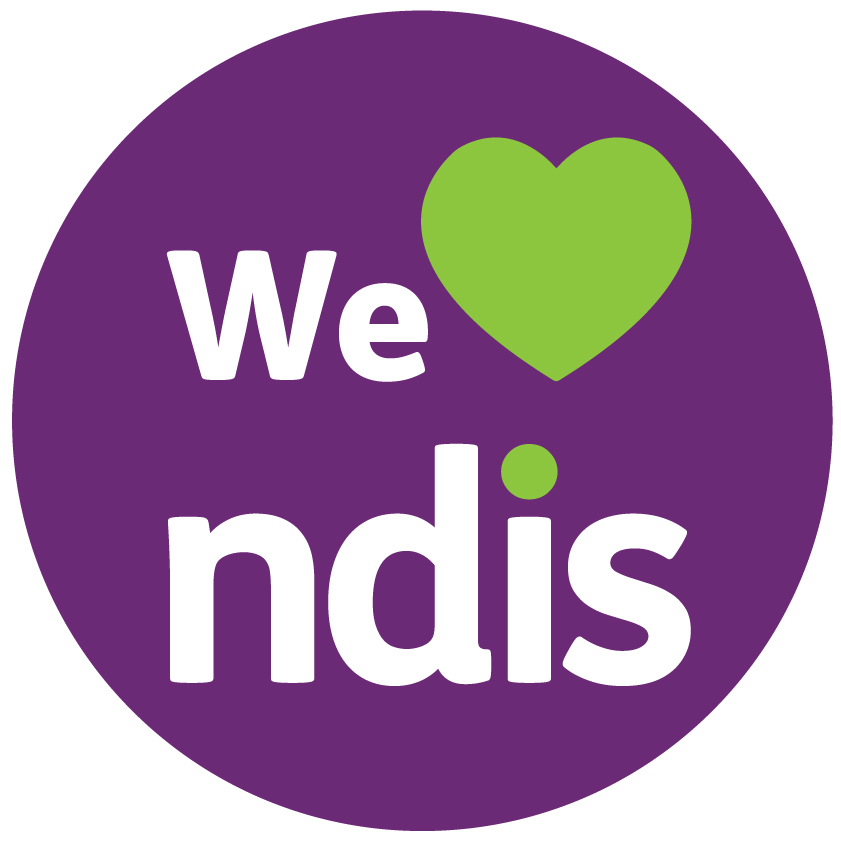Make an Enquiry
Areas We Service
(Melbourne)
(Melbourne)
Suburbs we Serve
- Altona
- Armadale
- Bacchus Marsh
- Brookfield
- Burnside
- Burnside Heights
- Caroline Springs
- Cobblebank
- DeerPark
- Derrimut
- Hoppers Crossing
- Kurunjang
- Laverton
- Laverton
- Manor Lakes
- Melton
- Newport
- Plumpton
- Point Cook
- Rockbank
- Sanctuary Lakes
- St Albans
- Sunshine
- Sydenham
- Sydenham Park
- Sydenham West
- Tarneit
- Taylors Hill
- Taylors Lakes
- Truganina
- Watergardens
- Werribee
- Williams Landing
- Williamstown
- Wyndham Vale
Suburbs we Serve
- Ashwood
- Aspendale
- Aspendale Gardens
- Bangholme
- Bayles
- Beaconsfield
- Beaconsfield Upper
- Beaumaris
- Beenak
- Bentleigh
- Bentleigh East
- Berwick
- Black Rock North
- Blind Bight
- Bonbeach
- Braeside
- Brandon Park
- Brighton
- Brighton East
- Brighton North
- Brighton Road
- Bunyip
- Bunyip North
- Burwood
- Caldermeade
- Cannons Creek
- Cardinia
- Carnegie
- Carrum Downs
- Catani
- Caulfield
- Caulfield
- Caulfield East
- Caulfield Junction
- Caulfield North
- Caulfield South
- Chadstone
- Chadstone
- Chadstone Centre
- Chelsea
- Chelsea Heights
- Cheltenham
- Clarinda
- Clayton
- Clayton
- Clayton South
- Clematis
- Clyde
- Clyde
- Clyde North
- Clydebank
- Clydesdale
- Cockatoo
- Cora Lynn
- Cranbourne
- Cranbourne East
- Cranbourne North
- Cranbourne South
- Cranbourne West
- Dalmore
- Dandenong
- Dandenong East
- Dandenong North
- Devon Meadows
- Dewhurst
- Dingley Village
- Doveton
- Edithvale
- Emerald
- Endeavour Hills
- Endeavour Hills
- Eumemmerring
- Frankston
- Frankston East
- Frankston Heights
- Frankston North
- Frankston South
- Gardenvale
- Garfield
- Garfield North
- Gembrook
- Glen Huntly
- Glen Huntly
- Glen Waverley
- Glen Waverley
- GlenIris
- Guys Hill
- Hallam
- Hallam
- Hampton East
- Hampton North
- Hampton Park
- Hampton Park
- Harkaway
- Heatherton
- Highett
- Hughesdale
- Huntingdale
- Huntingdale
- Iona
- Junction Village
- Karingal
- Karingal Centre
- Keysborough
- Keysborough
- Koo Wee Rup
- Koo Wee Rup North
- Lang Lang
- Lang Lang East
- Langwarrin
- Langwarrin
- Langwarrin South
- Little Hampton
- Lynbrook
- Lynbrook
- Lyndhurst
- Lyndhurst
- Lysterfield South
- Malvern
- Maryknoll
- Mckinnon
- Mentone
- Mentone East
- Menzies Creek
- Modella
- Monash University
- Monomeith
- Moorabbin
- Moorabbin Airport
- Mordialloc
- Mount Burnett
- Mount Dandenong
- Mount Waverley
- Mount Waverley
- Mulgrave
- Mulgrave
- Murrumbeena
- Nangana
- Nar Nar Goon
- Nar Nar Goon North
- Narre Warren
- Narre Warren
- Narre Warren East
- Narre Warren North
- Narre Warren South
- Noble Park
- Noble Park
- Noble Park East
- Noble Park North
- Notting Hill
- Oakleigh
- Oakleigh
- Oakleigh East
- Oakleigh South
- Officer
- Officer
- Officer South
- Ormond
- Ormond
- Pakenham
- Pakenham
- Pakenham South
- Pakenham Upper
- Parkdale
- Patterson Lakes
- Pearcedale
- Prahran
- Sandringham
- Sandringham
- Seaford
- Skye
- Springvale
- Springvale
- Springvale South
- Tenby Point
- Tonimbuk
- Tooradin
- Toorak
- Tooronga
- Tynong
- Tynong North
- Warneet
- Waterways
- Wheelers Hill
- Wheelers Hill
- Winchelsea
- Winchelsea South
Suburbs we Serve
- Briar Hill
- Broadmeadows
- Brunswick
- Bulla
- Bundoora
- Campbellfield
- Coburg
- Craigieburn
- Dallas
- Diamond Creek
- Doreen
- Eltham
- Epping
- Essendon
- Fawkner
- Glenroy
- Greensborough
- Greenvale
- Heidelberg
- Hurstbridge
- Ivanhoe
- Kalkallo
- Keilor
- Lalor
- Lower Plenty
- Macleod
- Meadow Heights
- Melbourne Airport
- Mernda
- Mickleham
- Mill Park
- Mont Park
- Montmorency
- Moonee Vale
- North Warrandyte
- Northcote
- Oak Park
- Pascoe Vale
- Preston
- Reservoir
- Rosanna
- Roxburgh Park
- Somerton
- South Morang
- St Helena
- Thomastown
- Thornbury
- Tullamarine
- Viewbank
- Westmeadows
Suburbs we Serve
- Armadale
- Ashburton
- Ashwood
- Balwyn
- Bayswater
- Blackburn
- Boronia
- Box Hill
- Burnley
- Burwood
- Camberwell
- Canterbury
- Carnegie
- Caulfield
- Chadstone
- Chadstone
- Chirnside Park
- Clayton
- Croydon
- Deepdene
- Doncaster
- Donvale
- Ferntree Gully
- Forest Hill
- Glen Huntly
- Glen Iris
- Glen Waverley
- Hawthorn
- Hawthorn East
- Huntingdale
- Kew
- Kew East
- Kilsyth
- Knoxfield
- Kooyong
- Lilydale
- Lysterfield
- Malvern
- Mitcham
- Mont Albert
- Montrose
- Mooroolbark
- Mount Evelyn
- Mount Waverley
- Mulgrave
- Murrumbeena
- NDIS Provider Near Belmont
- Notting Hill
- Nunawading
- Oakleigh
- Oakleigh East
- Olinda
- Ormond
- Rosebud
- Rosebud Plaza
- Rye
- Scoresby
- Sherbrooke
- Surrey Hills
- Templestowe
- The Basin
- Toorak
- Upper Ferntree Gully
- Vermont
- Wantirna
- Warranwood
- Wheelers Hill
- Wonga Park







